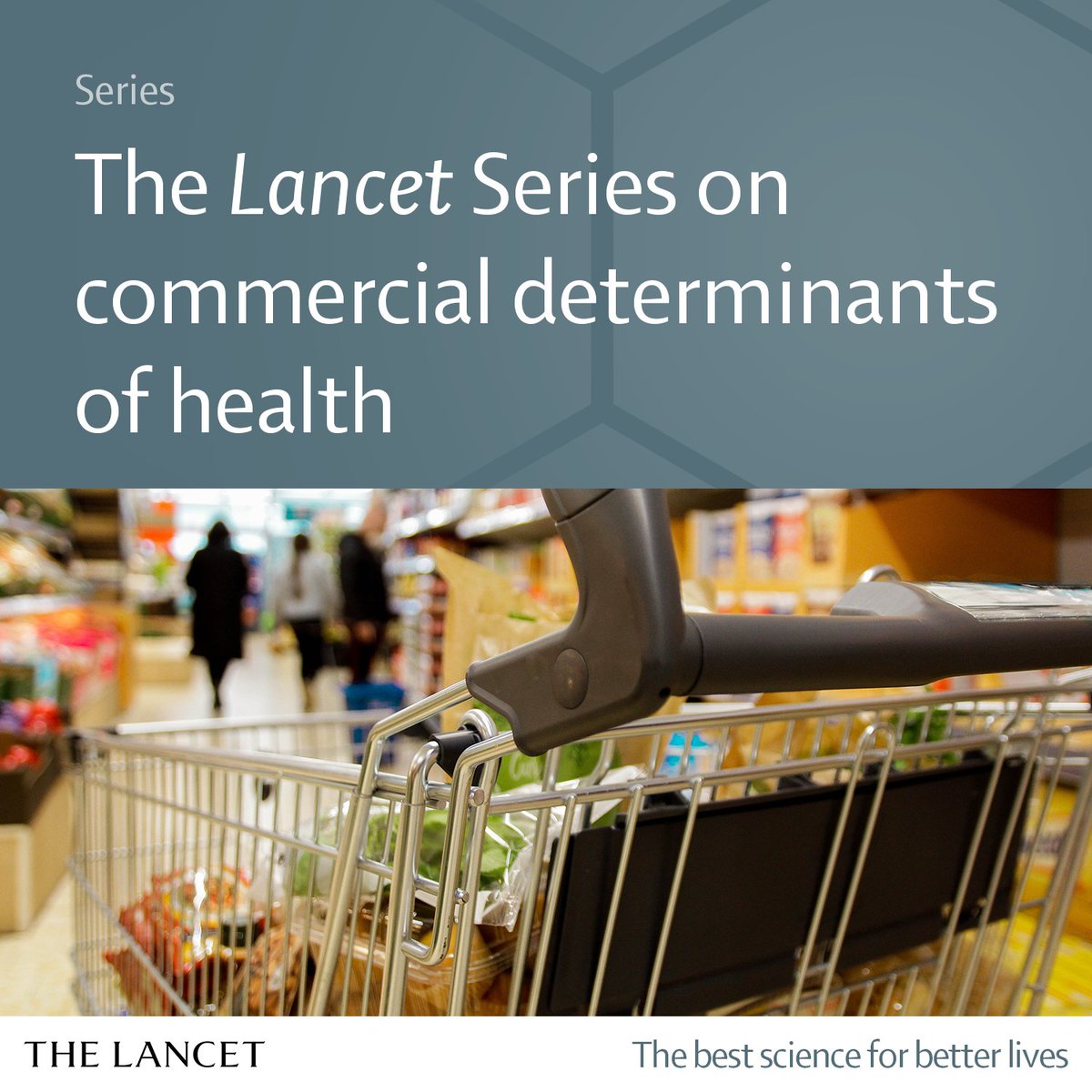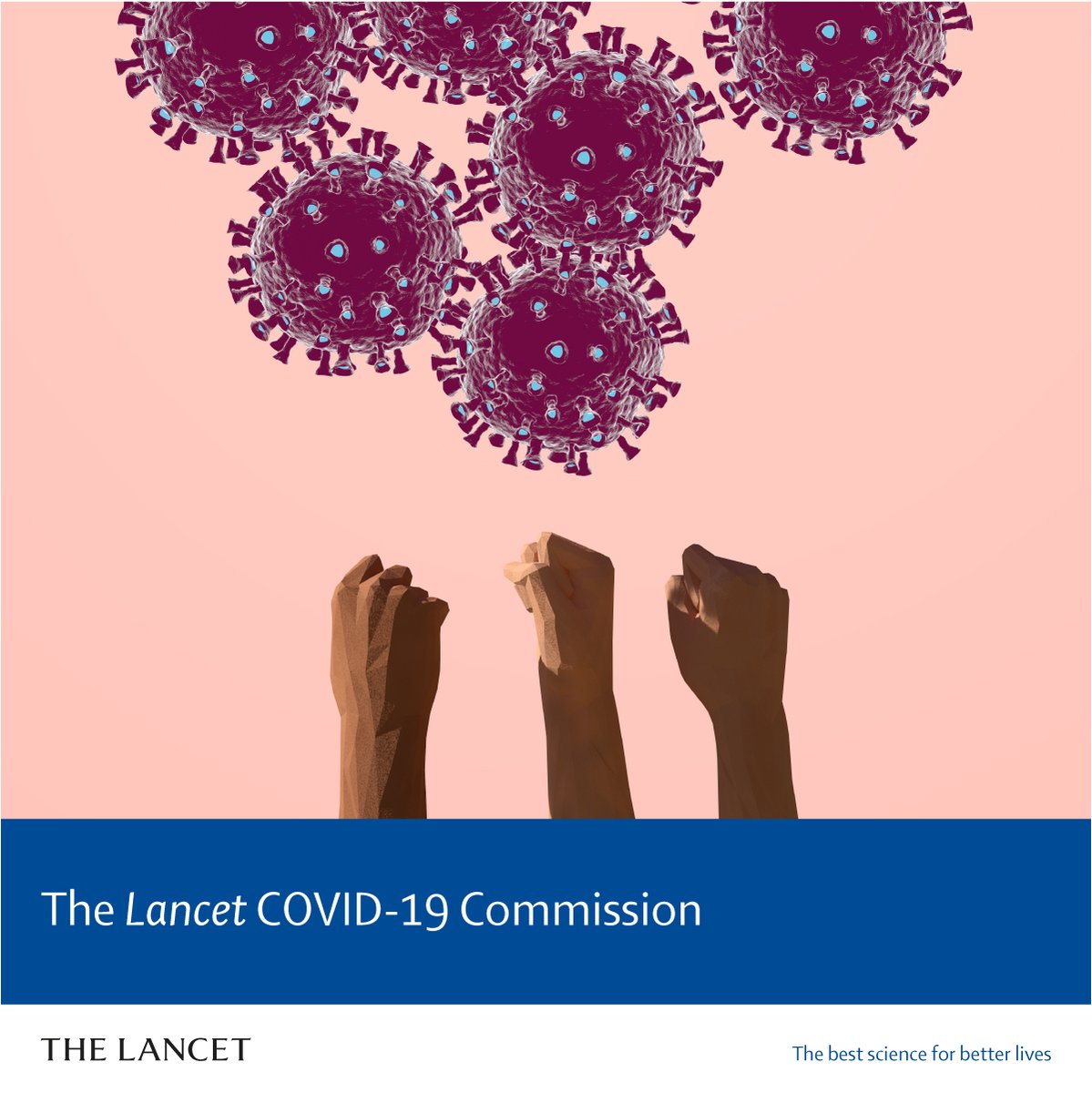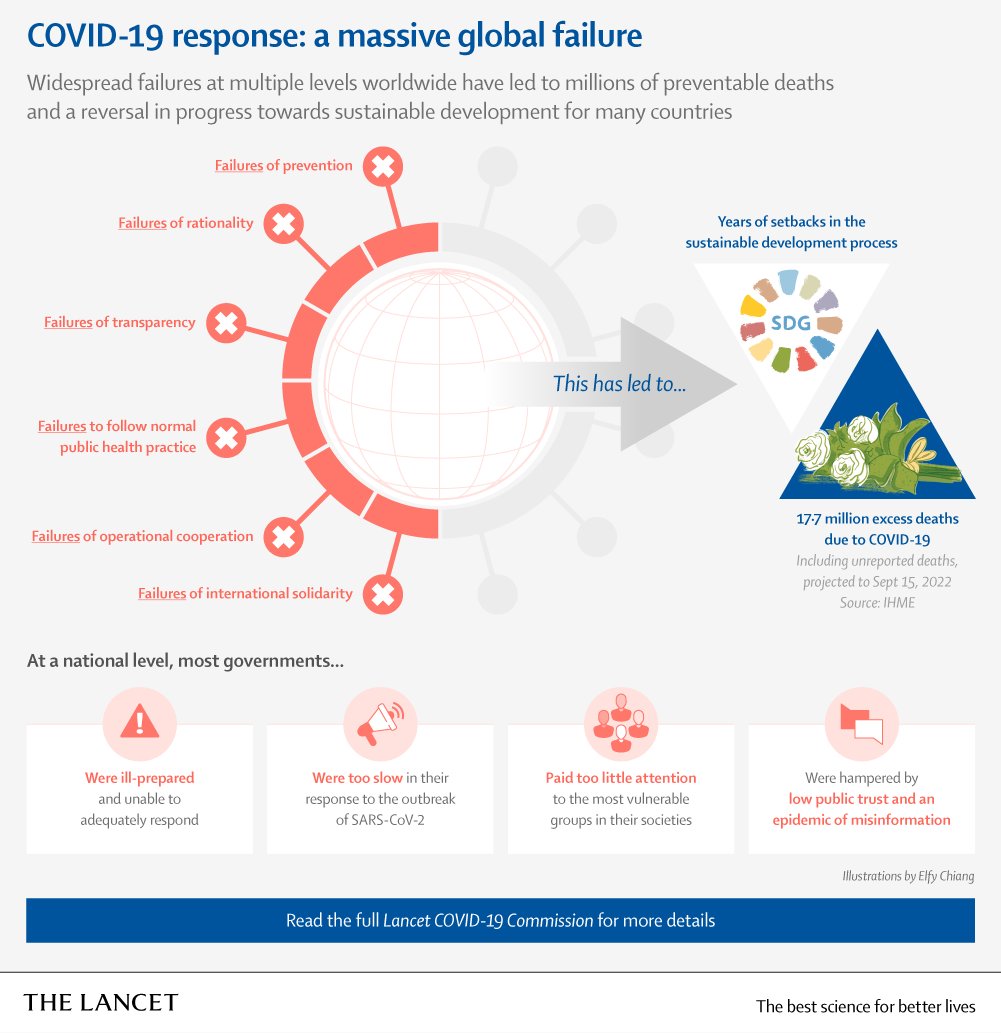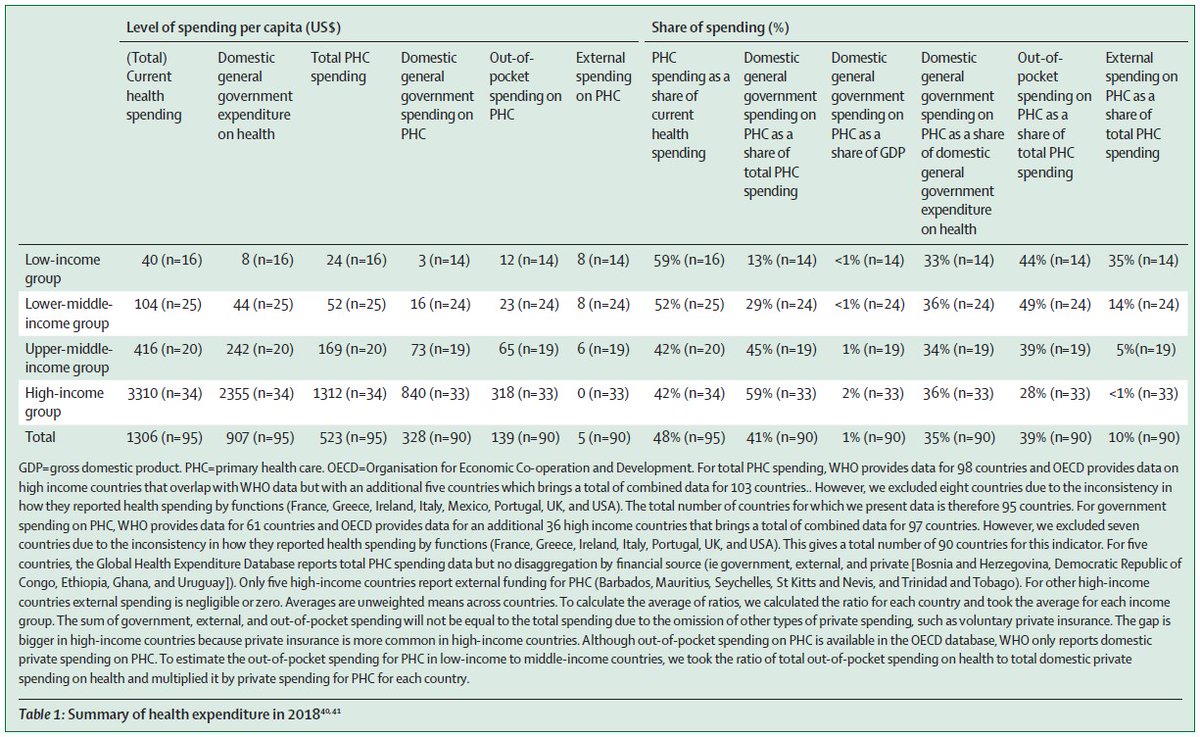Non-communicable diseases & injuries (NCDI) cause more death & disability at every age among the world’s poorest billion than in wealthy countries— new @NCDIpoverty Commission provides cost-effective & equitable interventions to address #NCDIPoverty hubs.li/H0wd1XP0 

Among the world’s poorest people, almost 800,000 under age 40 die each year from #NCDs & injuries
The @NCDIpoverty Commission outlines how to reverse the neglect of the world’s most marginalised people living with these conditions #NCDIPoverty hubs.li/H0wd1XP0
The @NCDIpoverty Commission outlines how to reverse the neglect of the world’s most marginalised people living with these conditions #NCDIPoverty hubs.li/H0wd1XP0

"Partnerships & coalition building will be key not only within the #NCD community but also in alliances forged with the UHC & anti-poverty movements"—The Lancet Editors reflect on the #NCDIPoverty Commission calling for expansion of the global NCD agenda hubs.li/H0wfQsN0 

Progressive implementation of affordable, cost-effective,
& equitable NCDI interventions between 2020 & 2030 could save the lives of 4.6 million of the world’s poorest, incl 1.3 million who would otherwise die before 40 years: #NCDIPoverty outlines how hubs.li/H0wd1XP0
& equitable NCDI interventions between 2020 & 2030 could save the lives of 4.6 million of the world’s poorest, incl 1.3 million who would otherwise die before 40 years: #NCDIPoverty outlines how hubs.li/H0wd1XP0

"The Commission's report provides a much-needed, comprehensive analysis of #NCDIPoverty and the achievable key interventions to make a substantial change. It calls on all of us to build global solidarity"—Comment from Karen Sliwa & Magdi Yacoub hubs.li/H0wgj1S0 

Between 2011-16, even as #NCDs were adopted as priorities in #UHC & #SDG agendas, external financing for NCDIs in poorest countries was US$83 million, only 0.3% of development funds for health: @NCDIpoverty calls for financing of essential NCDI services hubs.li/H0wd1XP0 

• • •
Missing some Tweet in this thread? You can try to
force a refresh















